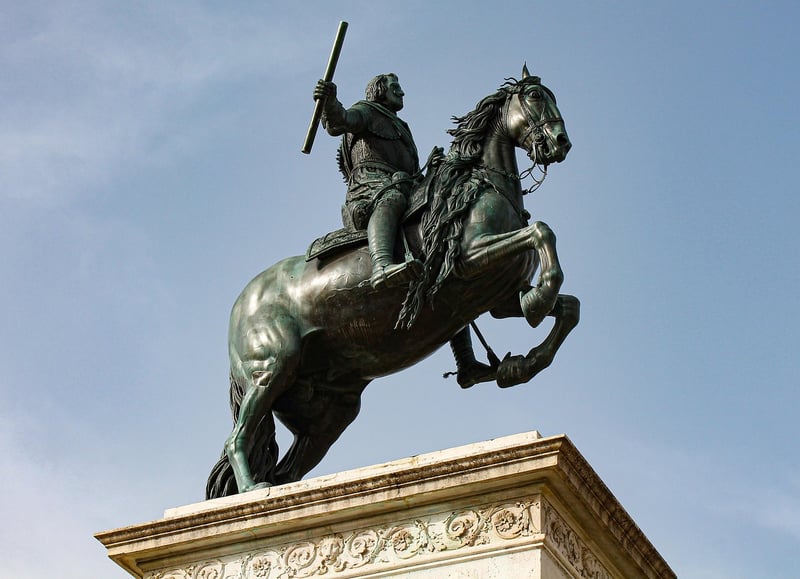Historical Revisions
The Power of Stories: Shaping Historical Revisions

Stories have always been a crucial part of human history, shaping our understanding of the past and influencing how we interpret historical events. From ancient myths and legends to modern-day narratives, stories play a significant role in historical revisions, offering new perspectives and challenging established beliefs.
The Role of Narratives in History
Throughout history, narratives have been used to convey cultural values, pass down traditions, and make sense of the world. These stories not only provide a glimpse into the past but also shape our collective memory and influence how we perceive historical figures and events.
Challenging Established Narratives
One of the most powerful aspects of stories is their ability to challenge established historical narratives. By presenting alternative viewpoints and marginalized voices, stories have the power to revise our understanding of the past and highlight overlooked perspectives.
Historical Revisions Through Literature
Literature, including novels, plays, and poems, has been instrumental in reshaping historical narratives. Writers often use fiction to explore untold stories, reimagine historical events, and shed light on forgotten figures, providing readers with a new lens through which to view the past.
The Impact of Fictionalizing History
By fictionalizing history, authors can fill in the gaps left by traditional historical accounts and offer a more nuanced portrayal of events. Through characters and plots, these stories humanize historical figures and bring their experiences to life in a way that traditional textbooks often fail to do.
Visual Narratives and Historical Revisionism
Visual narratives, such as films and documentaries, also play a crucial role in historical revisions. Through the power of imagery and storytelling, filmmakers can challenge dominant historical narratives, spark discussions, and prompt viewers to reevaluate their understanding of the past.
The Influence of Documentaries on Public Perception
Documentaries, in particular, have the ability to present factual information in a compelling and accessible format, making complex historical events more understandable and engaging for a wide audience. By combining archival footage, interviews, and narration, documentaries can offer a fresh perspective on historical events and encourage viewers to question established truths.
Conclusion
Stories and narratives are powerful tools that shape our understanding of history and influence how we perceive the past. By challenging established narratives, exploring untold stories, and humanizing historical figures, stories play a crucial role in historical revisions, providing us with new insights and perspectives on the events that have shaped our world.
